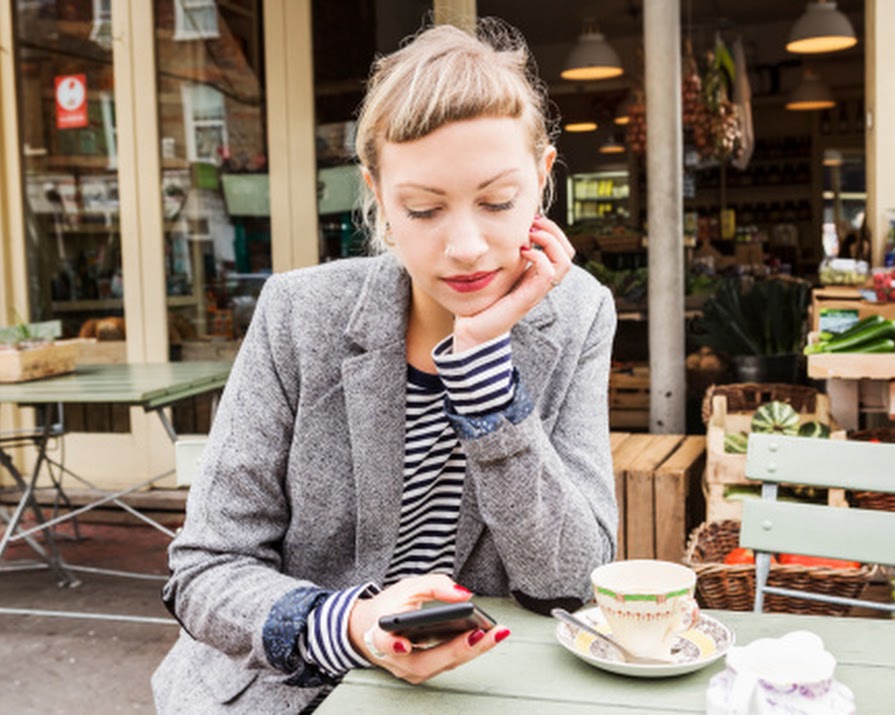By Holly O'Neill
25th Apr 2017
25th Apr 2017
Did you know your choice of Instagram filter could be the key to reliably diagnosing your depression?
Two researchers from the University of Vermont and Harvard have found that those more likely to use filters with darker tones with blues and greys tend to be more depressed.
Researchers Andrew Reece of Harvard University and Chris Danforth of University of Vermont studied?43,950 Instagram pictures from 166 volunteers. With an algorithm they built to look at the patients’ Instagram feeds, they could diagnose depression with an accuracy rate of 70%. The assessment of a general practitioner of depression after a face-to-face visit is only about 50%?accurate.
The study also found that Instagram users with depression were less likely to use filters, but if they did they used Inkwell, the black and white Instagram filter.
While we are still unsure if social media is beneficial or harmful to those suffering from depression, a study has shown that those most active on social media are more likely to be depressed.?Last year, researchers at the University of Pittsburgh School of Medicine conducted a study about the effects of social media habits on the moods of users, which found that the more time adults in the U.S. (between the ages of 19 and 32) use social media, the more likely they are to be depressed.
?Because social media has become such an integrated component of human interaction, it is important for clinicians interacting with young adults to recognize the balance to be struck in encouraging potential positive use, while redirecting from problematic use,? said Brian A. Primack, M.D., Ph.D., a senior author of?the research project and the director of Pitt’s Center for Research on Media, Technology and Health, in a statement.
Instagram has stepped up its game in addressing mental health in its users with a special help feature they introduced last year that allows users to anonymously flag another user’s image if they think it could potentially be harmful?or concerning.
Once the image is flagged, Instagram?will automatically send the person a private message that reads; ‘someone saw one of your posts and thinks you might be going through a difficult time. If you need support, we’d like to help?, followed by a list of charities available and support helplines.?Similarly, Instagram will also intervene with any users who use derogatory hashtags such as #SelfHarm.
Speaking about the feature to?Seventeen,?Instagram’s Chief Operating Officer Marne Levine said that??we’re listening to mental health experts when they tell us that outreach from a loved one can make a real difference for those who may be in distress. At the same time, we understand friends and family often want to offer support but don’t know how best to reach out.?These tools are designed to let you know that you are surrounded by a community that cares about you, at a moment when you might most need that reminder?.























